Ausverkauft (Sold out). This is the note on the Rammstein website behind most of the concerts on the European tour – despite an alleged sex abuse scandal that has engulfed the heavy metal band over the last few days.
In Munich’s Olympiastadion alone, the heavy metal group is slated to give four concerts in a row over the next few days to 250,000 audience members – even though it remains in question how many will give up their tickets while the allegations are investigated.
READ ALSO: German band Rammstein hit by sex abuse scandal
The band’s world tour, which ended last year, was also a commercial success.
According to the website Touring Data, Rammstein generated a turnover of almost $220 million from tickets alone last year.
This put the band, founded in 1994 in Berlin, in 6th place for concert ticket sales worldwide in 2022, behind artists such as Elton John and Coldplay, but ahead of the Red Hot Chili Peppers.
Part of an industry
But pure ticket sales only make up a part of the turnover of the business enterprise that is Rammstein.
Last year, for example, the still current album “Zeit” was by far the best-selling record in Germany. In addition, there are millions in sales of fan merchandise such as T-shirts, wine, chocolate or even printed doormats.
The exact figures are a well-kept secret, but in the industry, Rammstein are considered the undisputed top earners in German show business. Behind this is a corporate construct whose core is the Rammstein GbR registered in Berlin’s Pankow district, in which the six band members are listed as partners.
Consequences of scandal
Frontmann Till Lindemann also became Germany’s best-selling contemporary poet with books of edgy poetry.
However, publishing house Kiepenheuer & Witsch has ended its cooperation with Lindemann following allegations of sexual assault at concert after-parties.
Whether a European tour of the singer with his musical solo project scheduled for autumn and winter will take place as planned is currently unclear.
The band as a whole is also feeling the consequences of the controversy. Rossmann, for example, has dropped the Rammstein perfumes “Cocaine”, “Sex” and “Pussy” from its range. The fragrances can currently no longer be found in the drugstore chain’s shops or online.
How did Rammstein get so popular in the first place?
Founded in Berlin in 1994, the heavy metal group Rammstein became well known, in part, for their provocative lyrics, performances and videos.
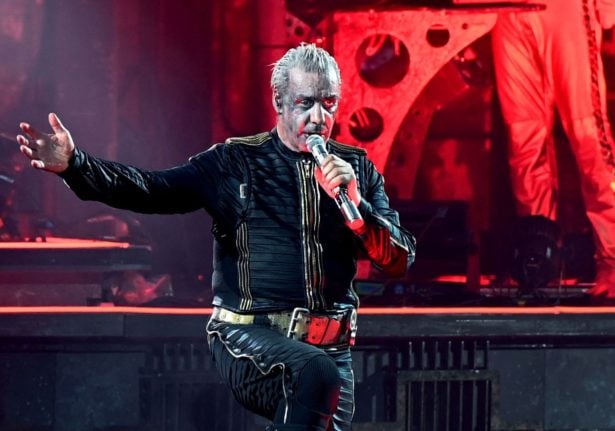
Their songs have dealt with subjects from cannibalism to necrophilia, and the band name itself evokes the 1988 Ramstein air show disaster that killed 70 people and injured more than 1,000.
The band is considered to be behind the music style Neue Deutsche Härte (New German Hardness), a sub-genre of rock music.
Fame did not come immediately to the group though: their first album Herzeleid in 1995 barely garnered any attention at first, but the six-person group hailing from former East Germany quickly gained fans through their fire-filled live shows and their second album, Sehnsucht (longing), debuted at number one on the charts in Germany when it was released in 1997.
The album spawned the successful singles “Du hast” and “Engel”, and led to a four-year-long worldwide tour – and a handful of international fans. To this day, the group remains the only German commercial international success that also sing in German.
They became known for their over-the-top shows filled with pyrotechnics, and led fans to coin the motto, “Other bands play, Rammstein burns!”
In 2001, they signed a deal with Universal Music, and released the album Mutter, which spawned six more singles, which topped the charts in countries throughout Europe.
The song “Mein Teil” (my part, slang for “my penis”), which deals with an infamous cannibalism case in Germany, became a number-one hit in Spain – the group’s first number-one single.
Their first number single in Germany, however, didn’t come until 2009, when the song Pussy topped the charts, despite a video which showed hard-core pornography. The second number-one single in Germany didn’t come until a decade later, with the controversial song Deutschland.
The accompanying music video – which showed band members dressed as concentration camp prisoners with nooses around their necks – was heavily criticised by politicians, historians and Jewish groups.
Germany’s anti-Semitism commissioner Felix Klein called it “a tasteless exploitation of artistic freedom” that “represents the transgression of a red line”.
READ ALSO: German rockers Rammstein slammed over ‘repulsive’ Holocaust video clip
Current controversy
As of Wednesday, several women have come forward with allegations of grooming and sexual assault at Rammstein concerts.
A poll published Tuesday by the German daily Bild said a majority of people want the group’s remaining European tour gigs to be cancelled until the allegations are addressed.
Bild also reported that hundreds of fans were trying to sell their tickets for the Munich concerts on the online ticketing platform Eventim.
Ich war großer Johnny Depp Fan, ich war großer Marilyn Manson Fan, ich war großer Rammstein Fan und das hat sich sofort mit den ersten Missbrauchsvorwürfen um 180 Grad gewendet.
Weil ich in erster Linie Frau bin und danach Fan.
— Cassie (@LadyMariaNapier) June 6, 2023
“I was a big Johnny Depp fan, I was a big Marilyn Manson fan, I was a big Rammstein fan, and that changed 180 degrees for me with the first abuse accusations,” wrote one Twitter user. “Because I’m first a woman and second a fan.”
The band has denied the claims.
“The accusations have hit us all very hard, and we take them extremely seriously,” it wrote in a statement posted on Instagram.
“It is important to us that (fans) feel comfortable and safe at our shows — in front of and behind the stage,” the statement said.
But German newspaper Die Welt reported on Tuesday that Alena Makeeva, a Russian woman accused of recruiting young women to engage in sexual practices with Lindemann, had been banned from all further Rammstein concerts.
Makeeva called herself Rammstein’s “casting director” and had been working for the band since 2019, according to Die Welt.
The band has also hired a Berlin-based PR agency specialised in crisis management to help with the fallout from the scandal, the newspaper reported.
Together with the agency, the band has also hired a law firm to investigate the allegations, it said, with the first findings expected on Friday.
With reporting from AFP.

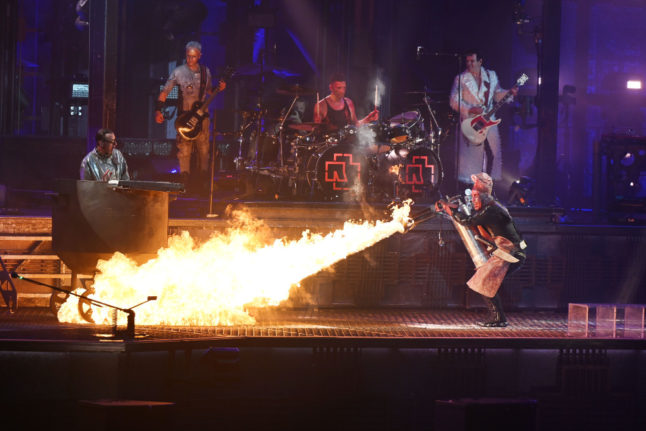
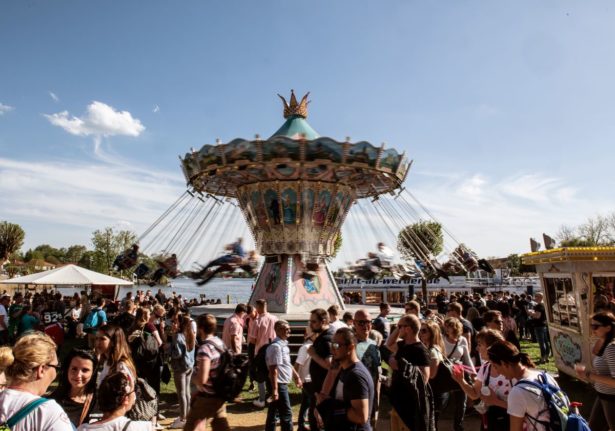
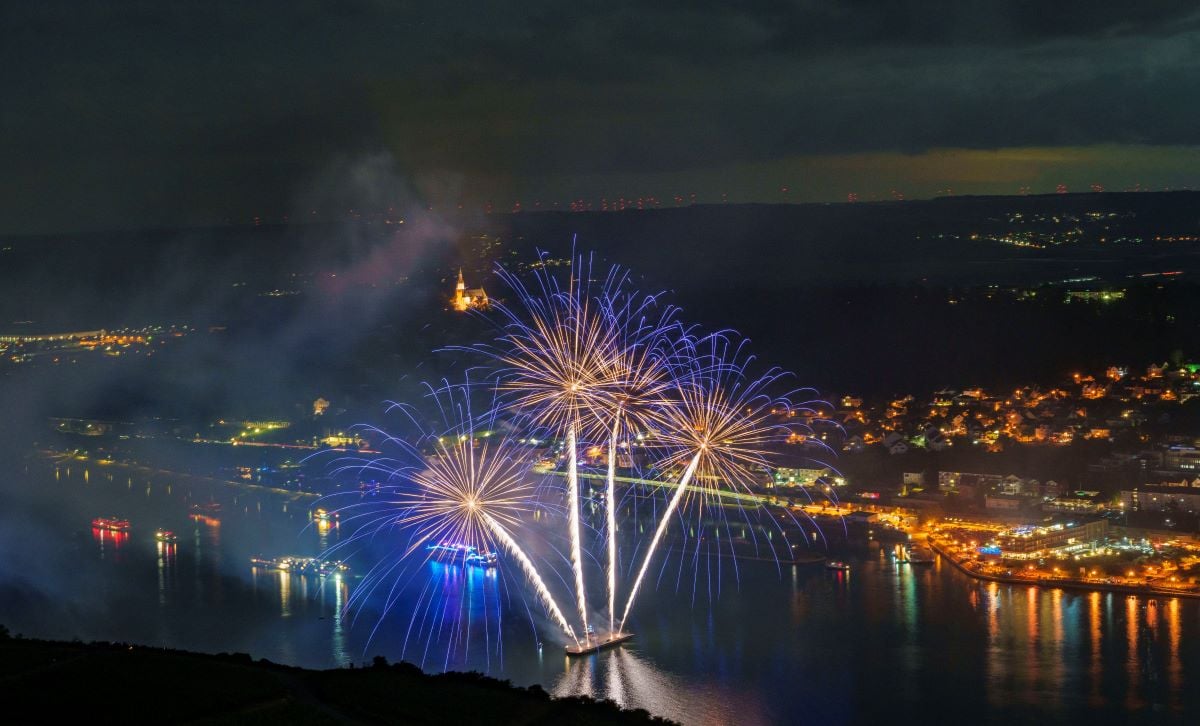
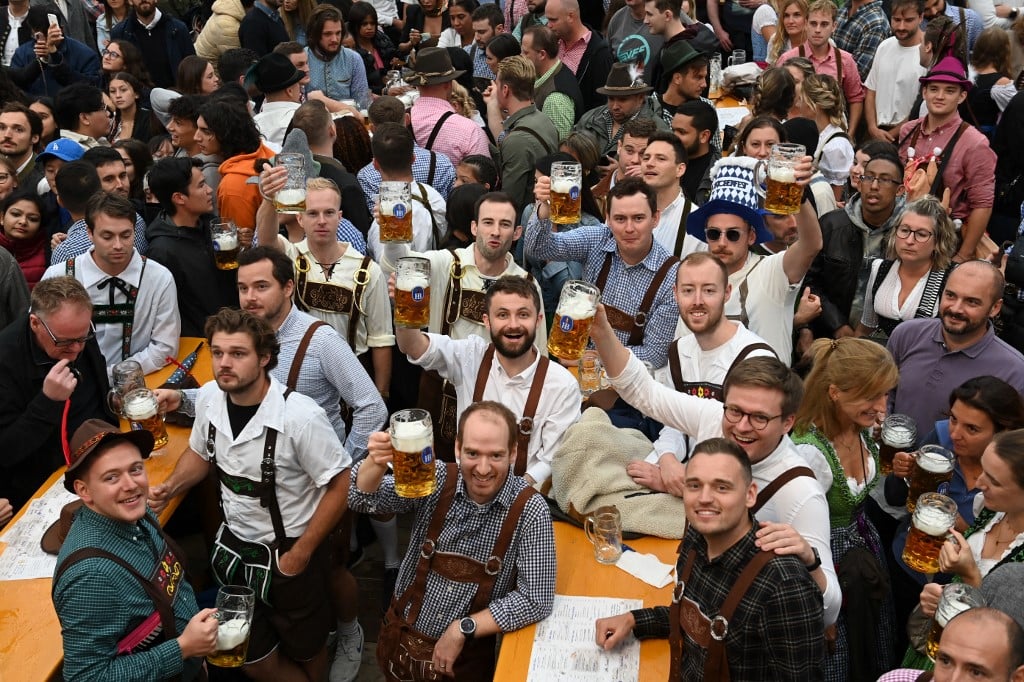
 Please whitelist us to continue reading.
Please whitelist us to continue reading.
Member comments